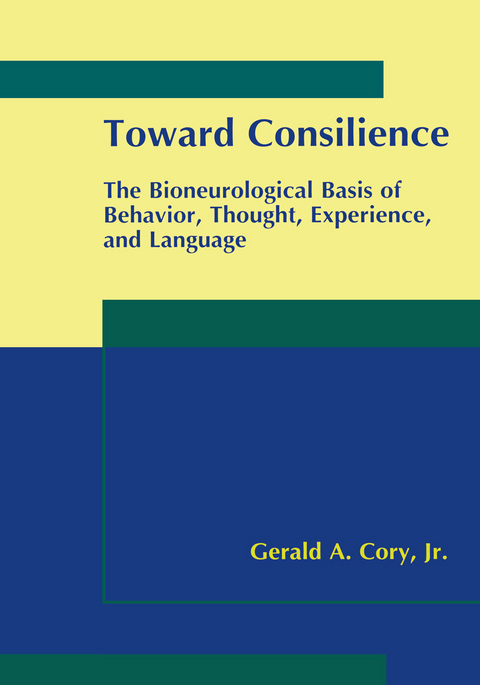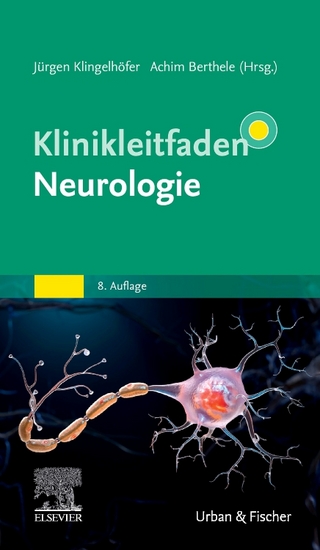
Toward Consilience
Kluwer Academic/Plenum Publishers (Verlag)
978-0-306-46436-2 (ISBN)
The present work is the second in a series constituting an extension of my doctoral thesis done at Stanford in the early 1970s. Like the earlier work, The Reciprocal Modular Brain in Economics and Politics, Shaping the Rational and Moral Basis ofOrganization, Exchange, and Choice (Plenum Publishing, 1999), it may also be considered to respond to the call for consilience by Edward O. Wilson. I agree with Wilson that there is a pressing need in the sciences today for the unification of the social with the natural sciences. I consider the present work to proceed from the perspective of behavioral ecology, specifically a subfield which I choose to call interpersonal behavioral ecology th Ecology, as a general field, has emerged in the last quarter of the 20 century as a major theme of concern as we have become increasingly aware that we must preserve the planet whose limited resources we share with all other earthly creatures. Interpersonal behavioral ecology, however, focuses not on the physical environment, but upon our social environment. It concerns our interpersonal behavioral interactions at all levels, from simple dyadic one-to-one personal interactions to our larger, even global, social, economic, and political interactions.
1. Introduction.- 2. Algorithms of the Brain.- 3. The Primary Algorithm of our Brain. What is it?.- 4. The Primary Algorithm and Behavior. Life, What does it do?.- 5. The Second Algorithm: Our Brain of Conflict.- 6. The Algorithmic Rules of Reciprocal Behavior.- 7. How we think: Brain Algorithms in Psychodynamics.- 8. How we Philosophize: The Primary Algorithm, Dialectic, and Logic in the West.- 9. How we Philosophize: Dialectic, Being, and Harmony in the East.- 10. Brain Algorithms in Mysticism, Cannibalism.- 11. Brain Algorithms of Adaptation, Rationality, and Exploration.- 12. Buber’sIandYou: The Inner and Outer Dynamic of the Reciprocal Algorithm.- 13. Totalization: The Dialectical Thought of Teilhard de Chardin.- 14. Habermas: Dialectic, Ethics, and Social Theory.- 15. The Primary Algorithm in Contemporary Philosophy.- 16. Brain Algorithms and Human Language.- 17. The Limitations of Present Day Syntax Theory.- 18. Value, Context, and the Origin of Meaning: Spoken vs Written Language.- 19. Universal Grammar and the Evolution of Language.- 20. The Primary Algorithm and Chomsky’s Minimalist Program.- 21. Language, Brain, and Neuron.- 22. Further Thoughts on the Neural Organization of the Primary Algorithm.- 23. Further Thoughts on Physics and the Primary Algorithm.- 24. Conclusion.- Appendix 1: MacLean’s Triune Brain Concept: In Praise and Appraisal.- Appendix 2: The Primary Algorithmic Lexicon.
| Erscheint lt. Verlag | 31.10.2000 |
|---|---|
| Zusatzinfo | XIII, 294 p. |
| Verlagsort | New York |
| Sprache | englisch |
| Maße | 178 x 254 mm |
| Themenwelt | Medizin / Pharmazie ► Medizinische Fachgebiete ► Neurologie |
| Medizin / Pharmazie ► Medizinische Fachgebiete ► Radiologie / Bildgebende Verfahren | |
| Medizin / Pharmazie ► Studium | |
| Naturwissenschaften ► Biologie ► Humanbiologie | |
| ISBN-10 | 0-306-46436-5 / 0306464365 |
| ISBN-13 | 978-0-306-46436-2 / 9780306464362 |
| Zustand | Neuware |
| Haben Sie eine Frage zum Produkt? |
aus dem Bereich


